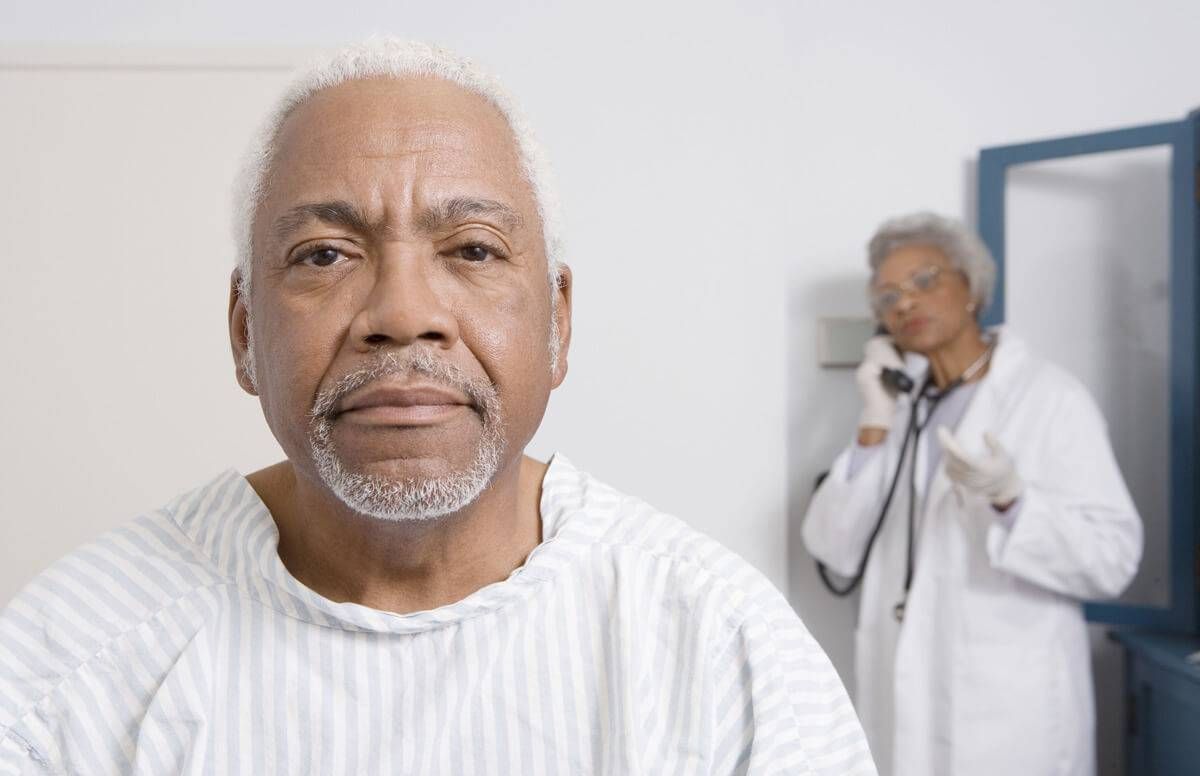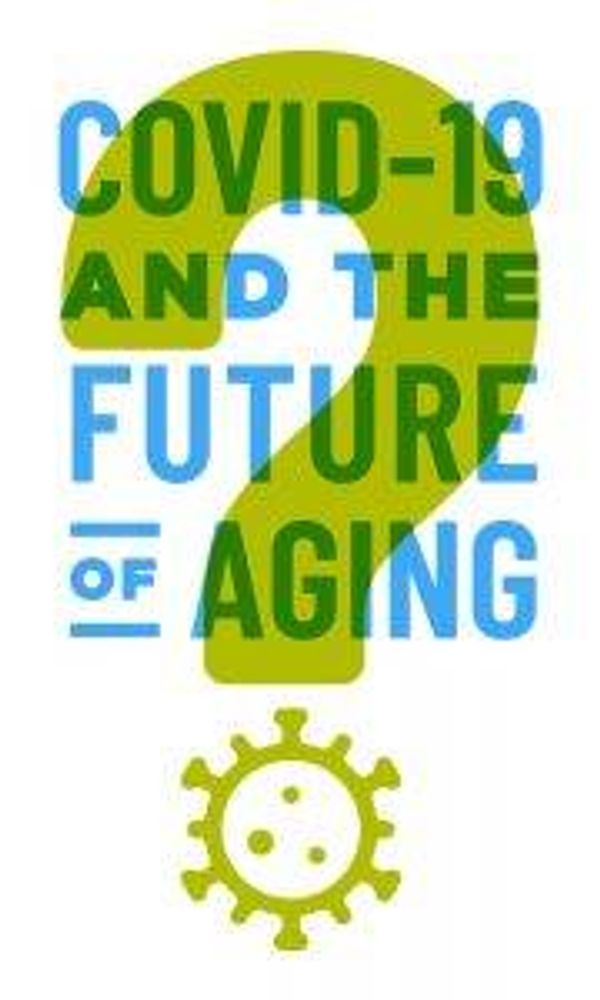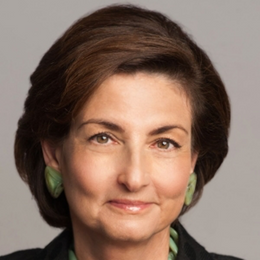COVID-19 and the Future of Aging: A Public Health Forecast
What this thought leader believes could improve the U.S. response to the pandemic
Editor’s note: This article is the fourth in a weekly joint series on COVID-19 and the Future of Aging from the Milken Institute Center for the Future of Aging and Next Avenue. The articles are Q and As with thought leaders in fields ranging from health care to retirement planning to work to intergenerational relationships.

Milken Institute Center for the Future of Aging: What has the COVID-19 pandemic shown us about the importance of investment in public health — are there opportunities for improvement that can be made in time to help?
Dr. Linda Fried: COVID-19 has unmasked so many areas where the United States has not invested adequately to protect its people. A key example is our public health system. It should be responsible for creating seventy percent of the health of our population, yet it receives less than two and a half percent of U.S. health dollars.
The U.S. puts no more into our public health infrastructure and systems than we did in 1960, without even adjusting for inflation.
Due to that disinvestment, our public health system has never had the resources to staff up, and its workforce is now half of what it was even fifteen years ago.
We need guidelines to protect vulnerable people without isolating them, essentially in solitary confinement for months.
And while we have many people with immense expertise, they have not been empowered to lead. Compounding this resource challenge, we have fifty separate public health systems in fifty states.
In the absence of public health system investment, our health status has sunk to the bottom of peer nations. And the ill health of our population has left us particularly vulnerable to a disease like COVID-19.
If I were to do one thing to improve our response, I would re-empower the head of the Centers for Disease Control and Prevention (CDC) to provide guidance and directives so that we have a unified approach across all fifty states. We cannot fight a pandemic one state at a time.
We need guidelines to protect vulnerable people without isolating them, essentially in solitary confinement for months.

We need a mandate to empower and fund the U.S. public health system with a twenty-first century redesign, building on the evidence that prevention works and matters at every age and stage of life — and creating an age-friendly public health system that works.
We need leadership that de-politicizes illness and that puts into place the non-pharmacologic vaccine that we have to protect people. Our non-pharmacologic vaccine is simple and cheap, and it works: wear masks anytime you're with other people, stay six feet apart and wash your hands frequently and well.
Those three things together are powerful protectors of yourself and people you care about.
Risks and Interventions for Loneliness and Older Adults
Loneliness is a key concern for older adults as re-opening timelines extend. What are the long-term health risks and potential interventions that offer hope?
Loneliness has many causes — especially in a pandemic — but its impacts are directly on health. There are acute effects in causing anxiety, depression, even suicidality and there are chronic effects that raise inflammation around our body and increase risks of heart disease, stroke and other diseases.
We don't know if the inflammation associated with protracted, chronic loneliness actually exacerbates COVID, but it's plausible to think that it might.
Loneliness is a feeling of not having meaningful relationships and connections to the degree that leaves one feeling satisfied.
There's an acute, emergent kind of loneliness, which is disconnection from what is necessary for survival —food, water, and shelter. There's also the disconnection from family and friends, which is so potent right now. The other kind of loneliness is a sense that you're not valued and don't have a way to contribute to the well-being of society.
All of the assertions that we have heard by some in the media — that protecting older people is harming the economy — are born of stereotypes and ageism. They amplify the sense of not having worth, not even being visible — which is a kind of loneliness that is deeply painful.
Older adults bring great value to society, and the narrative that we must choose between older people and the economy is neither accurate nor supportive.
To protect against loneliness in aging, we need to come out of COVID-19 thinking about internet connectivity the way we think about public transportation. They're essential connectors of people to what they need, and we should have internet connectivity for everyone. We could think about this as the next public utility.
We can also think about other ways to prepare for the next natural emergency and identify opportunities to protect older people, rather than essentially incarcerating them in solitary confinement in their homes. We could do that in a way that enables older adults to have meaningful and beneficial roles, and that allows people to stay connected and live reasonably normal lives while keeping everyone safe.
The Biggest COVID-19 Impacts for Older Adults and the U.S. Health System
With innovations driving some rapid changes in health care delivery and services, what do you think are the most significant impacts of COVID-19 for older adults and the health system?
The rapid increase in the use of telemedicine is a wonderful innovation that can make a difference.
But we must recognize that there are times when older people do need to come into the office for care, and we need to develop guidelines on how to do that safely.
We also need to enable people who provide services for older adults to do that safely — even services for the delivery of meals.
There are basic services of survival and companionship that are sitting in mothballs now, waiting for guidance so that they can continue supporting older people.


